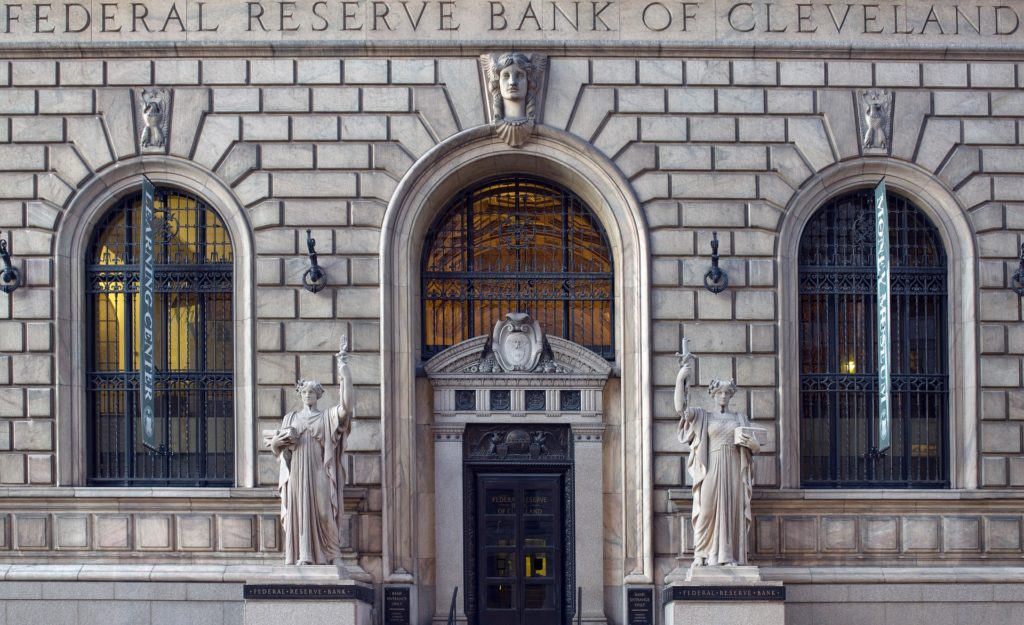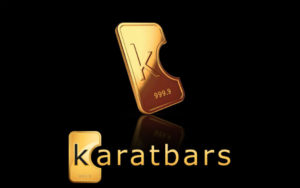Why Banks Are Finally Jumping on the Blockchain Wagon

It is no secret that banks are a multi-billion industry. In fact, it has been said that banks literally own us. Almost all of our savings, investments, credit cards, mortgages, and even loans are assigned to banks. The saying is true, to some extent.
Banks are part of our day to day lives. We make deposits, withdraw money, sign for loans, swipe cards, make investments and more – and at the center of all these are the banks that process every transaction.
But despite massive and commercial use, banks are also one of the few institutions that keep lagging behind in terms of innovation and technology. Sure, online banking has become a thing, but overall, the systems and infrastructure of the banking industry have remained largely traditional (and outdated).
However, it seems that banks can finally catch up with the demands of modern society with the onset of blockchain technology. Banks may be reluctant to accept cryptocurrencies as a type of payment, but it did open its doors to the technology behind it – blockchain.
In fact, banks in Canada and Singapore have started using blockchain to secure transnational transactions or cross-border payments. Suddenly, banks are now jumping on the blockchain wagon. But why is this so?
Secure International Payments/Transactions
Sending money internationally (via the traditional banking way) is slow and expensive. Although banks can accommodate such a transaction, the process requires hefty fees and processing could usually take a week or more.
The fees themselves are no joke. Every intermediary who handles the transaction gets a cut of the processing fee. This is because the money is usually passed on to companies that can clear the transfer and make it available to the receiving bank.
However, with blockchain technology, the process of sending international payments and doing global transactions can be much quicker and affordable. It basically cuts off the long process involved in such transactions. Without too much interference from third-party companies and remittance centers, it will be faster and cheaper to send money abroad.
Allows the Creation of Digital Currencies
Thanks to blockchain technology, more and more cryptocurrencies are created each day. Banks themselves see this as an advantage. A digital currency can be used for a bank’s internal transactions, and it could also be used as a unit of investment. In fact, JPMorgan Chase has already taken this step. They recently launched their own token called JPM Coin. Sooner or later, more financial institutions would follow.
Better Transparency
One of blockchain’s best features is that it is inherently transparent. Each and every transaction is recorded right away – and encrypted safely at that! Now, most banks have problems when it comes to reporting audits to customers and regulatory bodies. Not because they hate being transparent, but because the process of monitoring and preparing the reports is time-consuming and expensive!
With blockchain, however, the process could be faster and way cheaper. Regulatory bodies themselves can take advantage of this technology because banks can just give them access to their records. And since a blockchain ledger cannot tamper, officials will be assured that the numbers they see aren’t manipulated.
Lessens Operational Costs
As mentioned earlier, several transactions and bank processes can be eased with blockchain technology. International transactions and accounting reports can be done more quickly and transparently without the need of employing middlemen and huge teams to do the labor. In terms of operational costs, banks can obviously save a lot just by using blockchain technology.
However, the transition to traditional banking systems and blockchain technology would still be costly. But the banks who do make the jump can enjoy the benefits for the long-term. As of the moment, most banks are still weighing if blockchain would be worth the investment, but if an established financial institution such as JPMorgan has embraced such, it would be no wonder if other big banks would follow suit.
Click here to find out how you can start earning with cryptocurrency.
P.S: Be sure to join our Facebook Page and subscribe to our YouTube channel. Email: globalone2one@gmail.com
Email: globalone2one@gmail.com Recent Posts
- Fewer People Are Saying That Bitcoin Is Dead (Or Dying) – Here’s Why
- Price Predictions For Bitcoin in 2021: All You Need to Know
- Bitcoin Hits $28,000 And Shows No Signs of Stopping
- How A Legally Compliant Forex and Crypto Trading System Can Help You Build Wealth
- How Entrepreneurs and Leaders Can Earn Online By Connecting People To A Global Cashflow Powerhouse.

